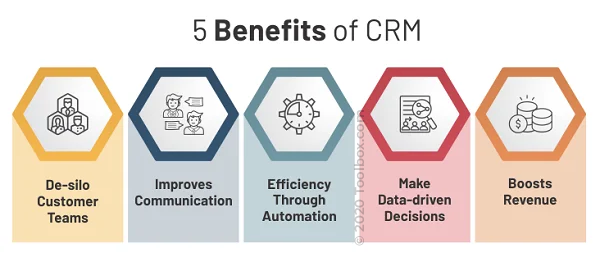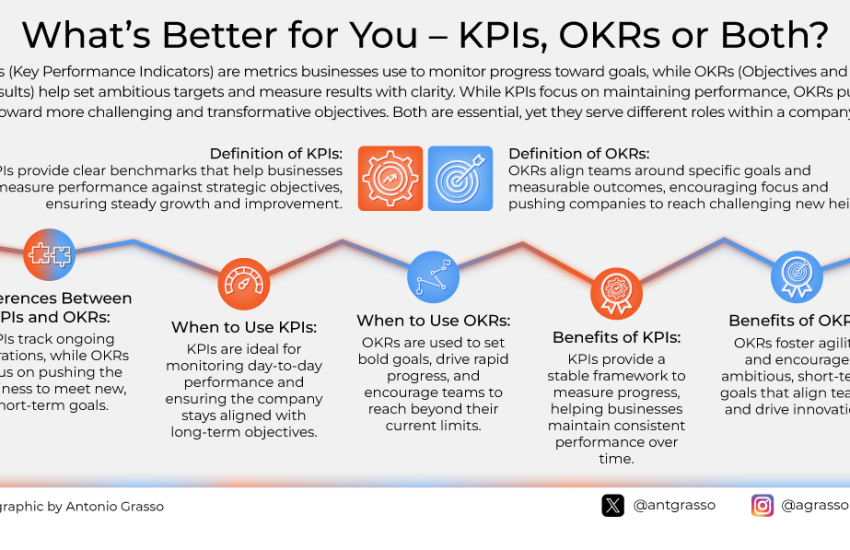How to Use CRM Tools to Enhance Customer Relations
In today’s competitive business landscape, maintaining strong relationships with customers is more important than ever. Customer Relationship Management (CRM) tools are essential for businesses looking to improve their customer relations and drive growth. In this article, we will explore how you can effectively use CRM tools to enhance customer relations and boost your business success.
Understanding CRM Tools
CRM tools are software applications that help businesses manage their interactions and relationships with customers and potential customers. These tools provide a centralized platform for storing customer information, tracking interactions, and analyzing customer data. By using CRM tools, businesses can gain valuable insights into customer behavior, preferences, and needs, allowing them to tailor their marketing, sales, and customer service efforts accordingly.
Segmenting Your Customer Base
One of the key features of CRM tools is the ability to segment your customer base based on various criteria such as demographics, purchase history, and behavior. By segmenting your customer base, you can create targeted marketing campaigns that are more personalized and relevant to each group of customers. This can help improve customer engagement and drive higher conversion rates.
Automating Customer Interactions
CRM tools also allow businesses to automate customer interactions through features such as email marketing, chatbots, and social media integration. By automating routine customer interactions, businesses can save time and resources while delivering a more consistent and personalized experience to customers. This can help improve customer satisfaction and loyalty, leading to increased retention and repeat business.
Tracking Customer Interactions
Another important aspect of CRM tools is the ability to track customer interactions across various channels such as email, phone calls, social media, and in-person meetings. By tracking customer interactions, businesses can gain a comprehensive view of each customer’s journey and identify opportunities to engage with them more effectively. This can help businesses anticipate customer needs, address issues proactively, and build stronger relationships with customers over time.
Analyzing Customer Data
CRM tools also provide powerful analytics capabilities that allow businesses to analyze customer data and extract valuable insights. By analyzing customer data, businesses can identify trends, patterns, and opportunities that can help them improve their marketing, sales, and customer service strategies. This data-driven approach can help businesses make informed decisions, optimize their customer interactions, and drive better business outcomes.
Integrating CRM Tools with Other Systems
To maximize the benefits of CRM tools, businesses should consider integrating them with other systems such as marketing automation, sales management, and customer support platforms. By integrating CRM tools with other systems, businesses can streamline their processes, eliminate data silos, and provide a seamless experience for customers across all touchpoints. This can help businesses deliver a more cohesive and integrated customer experience, leading to higher satisfaction and loyalty.
Conclusion
In conclusion, CRM tools are essential for businesses looking to enhance their customer relations and drive growth. By leveraging the features and capabilities of CRM tools, businesses can segment their customer base, automate customer interactions, track customer interactions, analyze customer data, and integrate CRM tools with other systems to create a more personalized and seamless customer experience. Ultimately, using CRM tools effectively can help businesses build stronger relationships with customers, drive higher engagement and loyalty, and achieve better business results in the long run.


